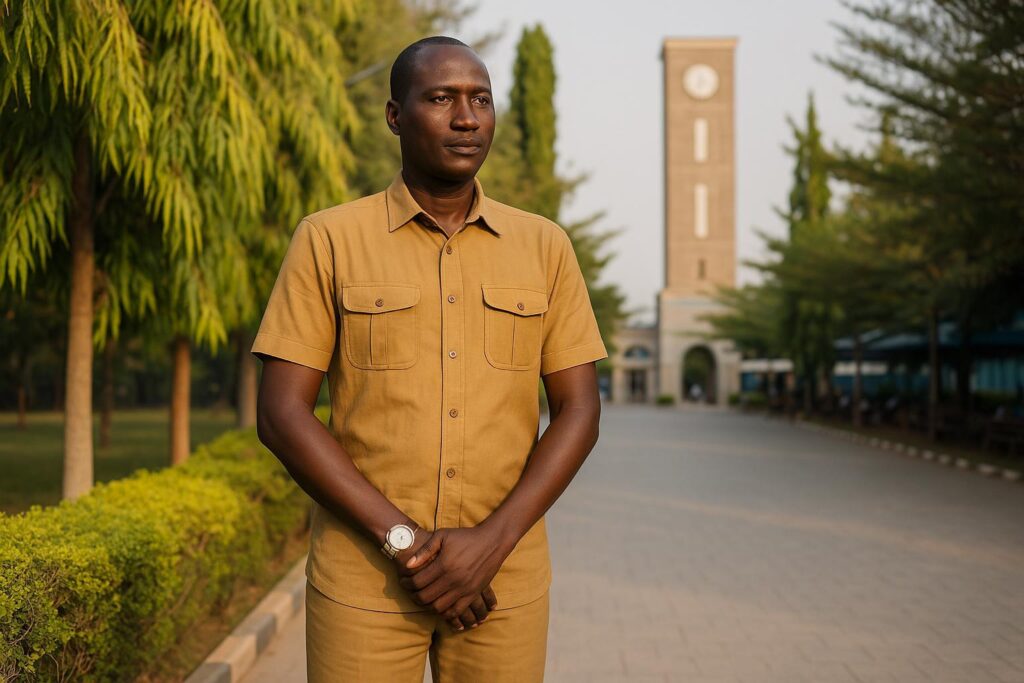Fresh voices in South Sudanese agriculture
At the University of Juba, third-year Agricultural Science student Chol Alier Dit is urging his compatriots to move beyond the hand-hoe. Speaking to The Dawn, he argued that subsistence farming traps households in low yields and keeps the nation dependent on food imports.
Alier believes 2020s technology—precision seeders, mobile weather apps, solar pumps—could double cereal output and align South Sudan with its East African neighbours. “Life is not only about our own ideas; learning from others matters,” he said.
Fertile land, untapped opportunity
Decades of conflict left vast stretches of black-cotton soil idle, yet studies by the Agriculture Ministry rank South Sudan among Africa’s most fertile zones. Experts say one commercial maize estate on one percent of arable land could feed Juba for a year.
Alier sees potential for jobs and foreign exchange if investors combine capital with villagers’ know-how. Economists at the Nairobi-based Tegemeo Institute estimate a mechanised 5,000-hectare scheme could create 2,000 seasonal positions and generate five million dollars annually.
Government role in scaling up farms
Turning hope into harvests requires machinery, roads and security. Alier blames a “circle of accusation”: officials say citizens lack initiative; citizens say officials provide no tractors. “A holistic state intervention is essential,” he insisted.
Finance ministry sources confirm a draft subsidy policy that would cut customs duty on planters and offer credit guarantees to youth cooperatives. Observers view the move as echoing Congo-Brazzaville’s 2019 agro-industrial incentives, credited with boosting cassava yields.
Insecurity shadows the green dream
Gunfire near fields still drives farmers from counties such as Yei and Torit. Alier argues that comprehensive civilian disarmament would unlock thousands of hectares. Security analysts concur, noting that stable areas like Aweil already post surplus sorghum sales across the border.
Regional lessons for a greener future
South Sudan’s long partnership with China offers one blueprint. Beijing-funded demonstration farms use drip irrigation and drone mapping, and graduates emulate the model back home. Alier urges policy-makers to replicate the “system that works for the benefit of the entire nation”.
For the young agronomist, agriculture is more than calories; it is the engine of prosperity and environmental stewardship. “The little existing oil should fuel tractors,” he said, echoing a shared continental ambition to turn fertile earth into inclusive growth.


